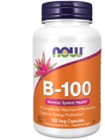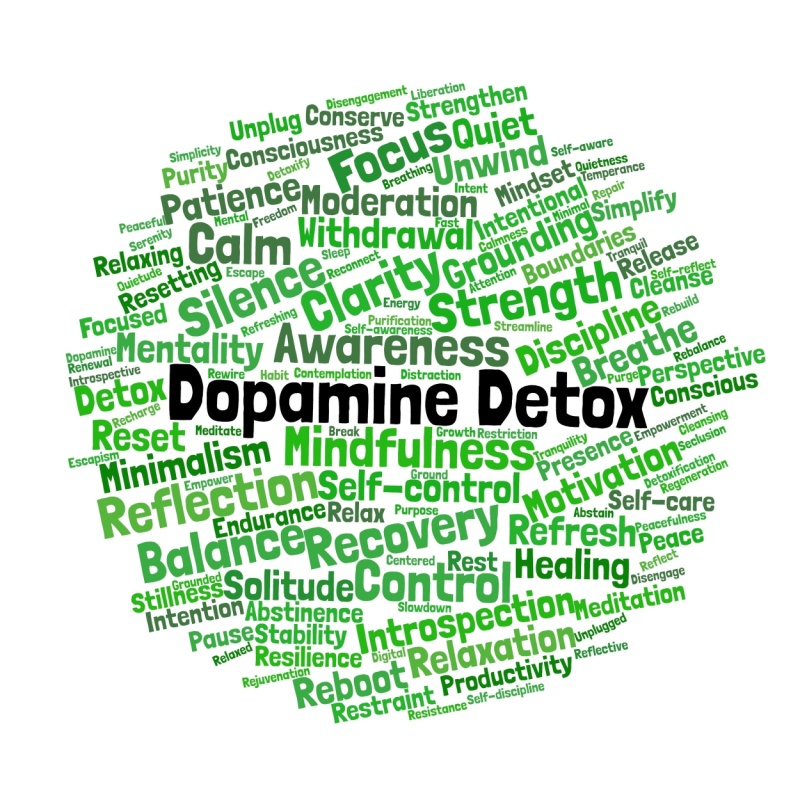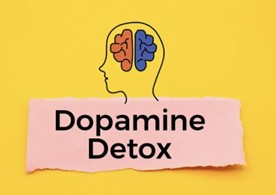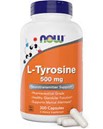Daryl C. Rich, D.C., C.S.C.S.
[Core] Chiropractic and Wellness
CoreRoanoke.com
 The modern world is saturated with distractions and instant gratifications, from social media and binge-worthy entertainment to fast food and shopping. These activities, while pleasurable, can overstimulate the brain’s reward system, driven by the neurotransmitter dopamine. Dopamine, often called the “feel-good” neurotransmitter, plays a crucial role in motivation, pleasure, and reward-seeking behavior. The constant stimulation of our modern world causes many people to experience symptoms associated with altered dopamine function. We are going to explore the symptoms of low dopamine levels and how to perform a dopamine detox to restore your health back to optimal levels.
The modern world is saturated with distractions and instant gratifications, from social media and binge-worthy entertainment to fast food and shopping. These activities, while pleasurable, can overstimulate the brain’s reward system, driven by the neurotransmitter dopamine. Dopamine, often called the “feel-good” neurotransmitter, plays a crucial role in motivation, pleasure, and reward-seeking behavior. The constant stimulation of our modern world causes many people to experience symptoms associated with altered dopamine function. We are going to explore the symptoms of low dopamine levels and how to perform a dopamine detox to restore your health back to optimal levels.
Understanding Dopamine and Its Role in the Brain
When you accomplish a goal, experience something enjoyable, or anticipate a reward, dopamine is released, reinforcing the behavior and encouraging repetition. While this mechanism is essential for survival, modern lifestyles often hijack it through excessive use of technology, consumption of junk food, and other over stimulating activities. Over time, this constant stimulation can desensitize dopamine receptors, making everyday tasks less enjoyable and requiring higher levels of stimulation to achieve the same satisfaction.
Psychological Symptoms of Low Dopamine
The psychological impact of low dopamine levels can be profound and far-reaching.
A: Physical Manifestations
– Chronic fatigue and low energy levels, even after adequate rest
– Muscle stiffness or tremors
– Changes in sleep patterns, either sleeping too much or experiencing insomnia
– Digestive issues, as dopamine affects gut motility
– Weight changes, particularly weight gain due to reduced motivation for physical activity and increased comfort eating
– Reduced libido or interest in physical activities.
B: Cognitive Effects
– Difficulty concentrating and maintaining focus
– Problems with memory, particularly working memory
– Reduced cognitive flexibility and creative thinking
– Slower processing speed
– Decision-making challenges
C: Emotional Symptoms
– Depressive moods or feelings of hopelessness.
– Anhedonia, the inability to feel pleasure from normally enjoyable activities.
– Increased feelings of apathy or indifference.
D: Behavioral Symptoms
– Procrastination or inability to complete tasks.
– Seeking excessive stimulation through food, technology, or other vices.
– Impulsivity and difficulty regulating emotions.
A dopamine detox, despite its name, doesn’t literally remove dopamine from your system. Instead, it’s a behavioral intervention aimed at resetting the brain’s reward system by temporarily removing or limiting exposure to highly stimulating activities and substances. This practice helps restore sensitivity to natural rewards and can improve motivation and focus.
Step 1: Identify Overstimulating Activities
The first step is to recognize activities that over activate your dopamine system. Common examples include:
– Excessive use of social media or video games.
– Overeating processed or sugary foods.
– Binge-watching TV shows or movies.
– Impulsive online shopping.
– Excessive phone usage for notifications or entertainment.
Step 2: Plan Low-Stimulation Alternatives
During the detox, replace overstimulating activities with low-dopamine ones that promote mindfulness and personal growth. Some alternatives include:
– Reading books or journaling.
– Practicing mindfulness or meditation.
– Walking or engaging in light exercise.
– Doing creative tasks, such as drawing or writing.
– Spending time in nature.
Step 3: Set Realistic Goals
A full dopamine detox, where you abstain from all high-reward activities for an entire day or longer, might feel overwhelming. Instead, consider starting with smaller, manageable goals. For example:
– Dedicate one hour a day to avoid screen-based activities.
– Set a “no phone” rule during meals or before bedtime.
– Commit to a full day of detox over the weekend.
Step 4: Maintaining Benefits
After completing a dopamine detox, it’s crucial to implement lasting changes to prevent falling back into old patterns. This includes:
– Setting healthy boundaries with technology
– Creating structured daily routines
– Maintaining regular exercise habits
– Practicing mindful consumption of media and food
– Regular check-ins with yourself about stimulation levels
Step 5: Be Aware of Signs of Success
Successful completion of a dopamine detox often results in:
– Improved focus and concentration
– Greater appreciation for simple pleasures
– Enhanced motivation and productivity
– Better emotional regulation
– More stable energy levels throughout the day
Supplementation to Support Dopamine Levels
While dopamine levels are best regulated through lifestyle behaviors there are a few supplements to support the healthy choices your making. Here are some evidence-backed supplements that may help:
– This amino acid is a direct precursor to dopamine
– Most effective when taken on an empty stomach
– Typical dosage ranges from 500-2000mg daily
 2. B-Vitamins, especially B6, B9, and B12
2. B-Vitamins, especially B6, B9, and B12
– Essential cofactors for dopamine production
– B6 particularly important for dopamine synthesis
– A good B-complex supplement can support overall
neurotransmitter health
– Helps regulate dopamine levels
– Many people are deficient
– Magnesium glycinate form is well-absorbed
– Support overall brain health and dopamine receptor function
– EPA and DHA from fish oil are most beneficial
– Aim for supplements with higher EPA content
– Many people are deficient
– Supports dopamine receptor health
– Best taken with K2 for absorption
– Supports dopamine regulation
– Has antioxidant properties
– May help with compulsive behaviors
Feel free to ask us about any of these particular supplements and their dosing.
Conclusion
While low dopamine symptoms can significantly impact quality of life, a properly implemented dopamine detox can help reset reward sensitivity and improve overall well-being. By temporarily abstaining from high-reward activities and embracing simpler, more meaningful practices, individuals can experience improved focus, motivation, and overall well-being. The key to success lies in proper preparation, commitment to the process, and mindful reintegration of stimulating activities after the detox period. Remember that a dopamine detox is not a one-time solution but rather a tool for developing a healthier relationship with rewarding activities and technology. The goal is to create sustainable lifestyle changes that promote optimal dopamine function and overall mental health.












